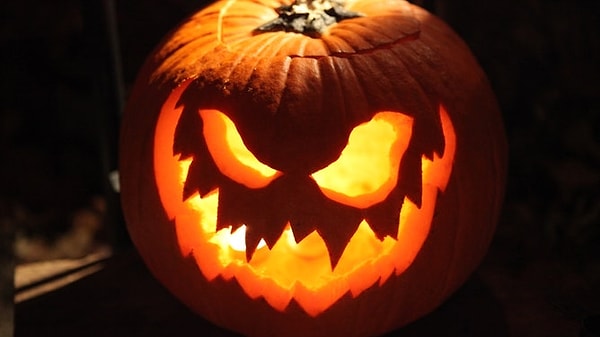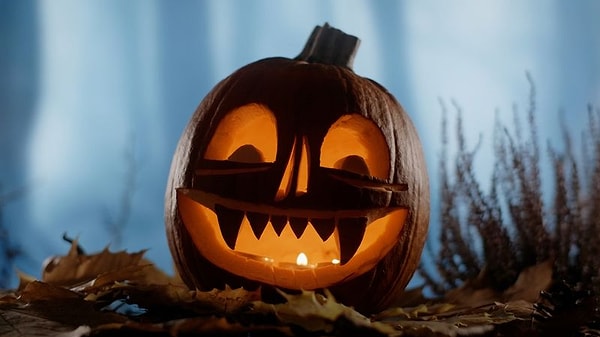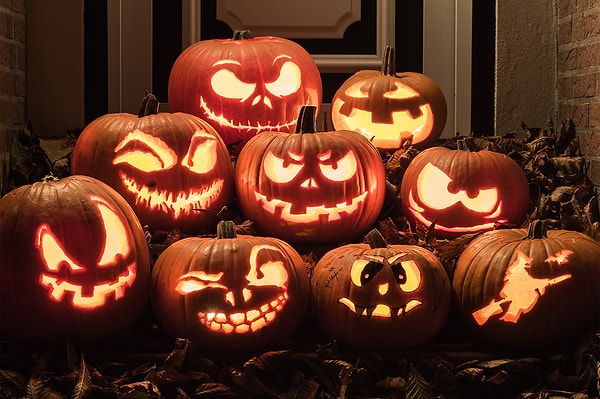Why Is the Pumpkin the Symbol of Halloween?
When one thinks of Halloween, one of the first things that comes to mind is carving pumpkins, or 'jack-o'-lanterns'. However, this tradition didn't always start with pumpkins. In fact, it originates from a tale in Ireland, about a man named 'Stingy Jack' who even managed to trick the devil.
Let's delve into the birth of this eerie yet intriguing tradition.
It all started with "Stingy Jack."

According to legend, in 18th century Ireland, there lived a man known as 'Stingy Jack', notorious for his love of alcohol and cunning nature. One day, he found himself drinking with the devil and managed to convince him to transform into a gold coin to avoid paying the bill. However, Jack tricked the devil by placing the coin next to a cross in his pocket. In return, the devil promised not to claim Jack's soul for a certain period of time.
Years later, the devil reappeared before Jack. This time, Jack tricked him into climbing an apple tree, carved a cross into the trunk, and once again trapped the devil. The devil was released only after swearing an oath not to claim Jack's soul for all eternity. However, when Jack passed away, he was not virtuous enough to be admitted into heaven, and God turned him away.
When he attempted to enter hell, the devil reminded him of the promise and refused him entry. All Jack had left was a burning piece of coal to light his way in the darkness. He placed this coal inside a hollowed-out turnip and was doomed to wander the earth forever.
In an effort to ward off Jack's cursed spirit, the people of Ireland began placing carved turnips in front of their homes.

Small candles were placed inside turnips and terrifying faces were drawn on them. The goal was to ward off Stingy Jack and other evil spirits. However, when thousands of Irish immigrants moved to America in the 19th century, they started using the plentifully available pumpkins instead of turnips.
Thus, this tradition born from turnips transformed into pumpkins in America and took on the name 'jack-o'-lantern'. Today, those scary faces we see on doorsteps every Halloween are the legacy of this tale.
The tradition of the pumpkin is actually a continuation of a much older celebration.

The origins of Halloween trace back to the Samhain festival, celebrated in ancient Britain and Ireland. This festival marked the end of summer and the onset of the new year. According to the belief, the spirits of the deceased returned to the world on this night, making contact with the living. To protect themselves from these spirits, people would don terrifying costumes and light fires.
In the 8th century, the Catholic Church moved All Saints' Day to November 1, which consequently led to October 31 being referred to as 'All Hallows’ Eve' or Halloween. The traditions of Samhain blended into this new celebration; frightening faces, masks, and 'jack-o'-lanterns' all came together during this period.
Keşfet ile ziyaret ettiğin tüm kategorileri tek akışta gör!

Send Comment